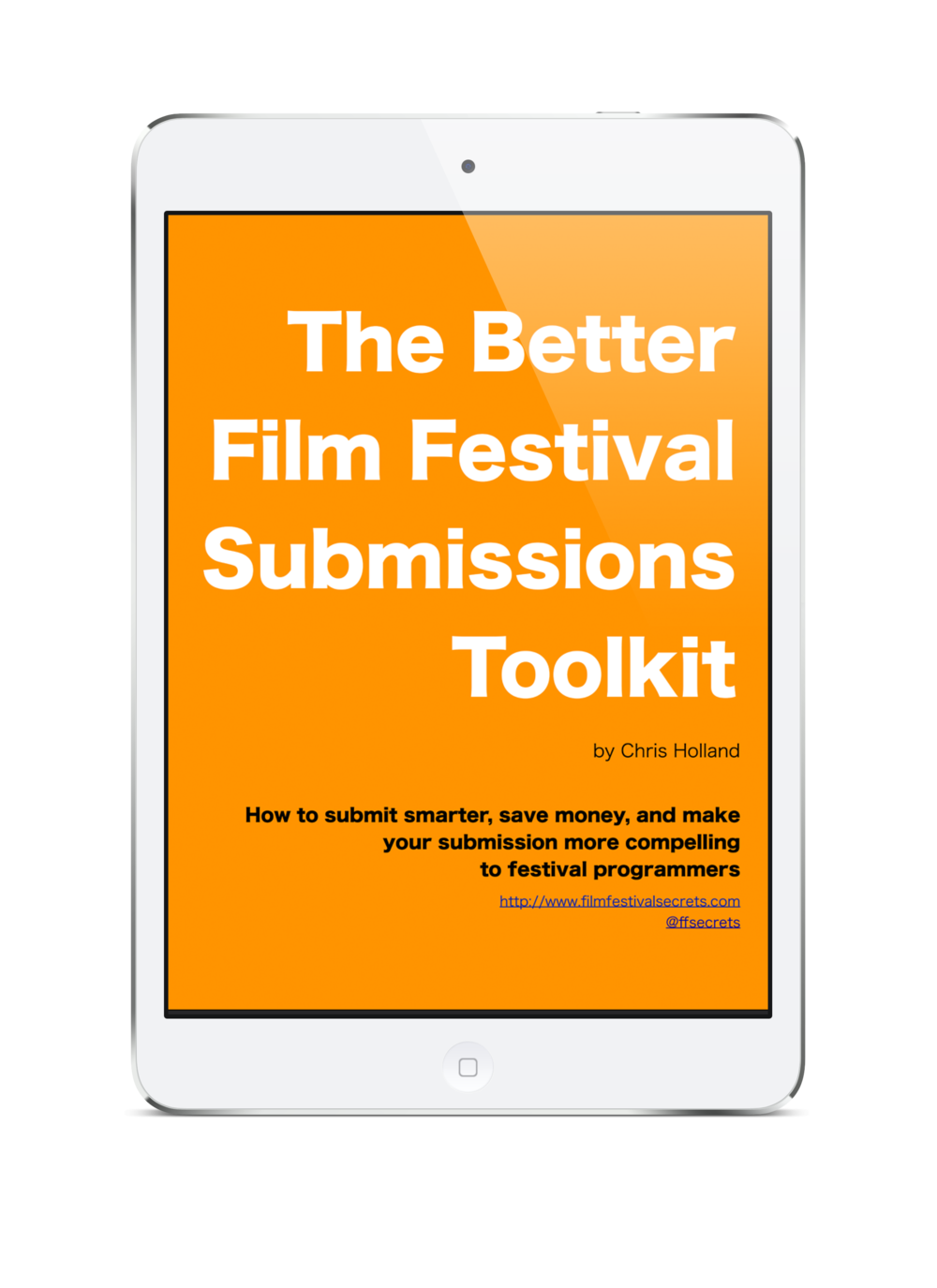 Tubefilter interviews Jeff "Doctor Tiki" Macpherson and Tosca Musk about creating a successful web series. Musk & Macpherson hit on an incredibly important point – while there is a large emphasis on the freedom in independent film to create movies according to your own creative vision, there has to be an awareness of what the audience wants to see in order to create something that will earn a following.
Tubefilter interviews Jeff "Doctor Tiki" Macpherson and Tosca Musk about creating a successful web series. Musk & Macpherson hit on an incredibly important point – while there is a large emphasis on the freedom in independent film to create movies according to your own creative vision, there has to be an awareness of what the audience wants to see in order to create something that will earn a following.
Some filmmakers mistakenly assume that the world is simply waiting for their unique vision to emerge. Unfortunately that vision is sometimes too unique to appeal to enough people to sustain it, or not unique enough to be considered remarkable. "Market research" and "focus group" may feel like the dirty phrases of the Hollywood establishment but they may have some relevance to your work – if only in an informal way.
Tubefilter: So what would you tell a web series creator starting out today? What advice would you give them?
Musk: Make it for the audience and not for yourself.
Tubefilter: Interesting, what do you mean by that?
Musk: I find that many filmmakers have this story that they want to tell and its very personal and they want to keep it that way. A lot of people don’t necessarily relate to the story in the specific way they want to tell it. We make a very concerted effort to make sure that we make each episode with the viewer in mind. And we cut out a lot that we love but we know that the audience may not want in there.
Macpherson: We have that hypothetical audience member in mind. I read that book, the only book of Stephen King’s that I ever read, called On Writing, and he says to have that hypothetical reader in mind. And we do. When we make this we don’t make it for our own greatness. It’s probably the same effect, but the filmmaker I was six years ago. was the one of ‘I’m going to make this and people will come.’ And they didn’t come.
And then I learned to have respect for the audience and not take them for granted. I think the film festival circuit really whipped me into shape in that sense. When I watched so many opening acts of films and I would think, ugh, ‘do you know you have an audience sitting here? So engage it!’ I felt really frustrated that they knew they had a captive audience here and they would waste it. It would be this really slow opening, I called it the Canadian opening act. I was thinking, man the Americans have really figured out how to open a film. When you sit down in a theater and in the first couple of minutes you’re like, ‘awesome, this is going to be one of those movies. This is going to be good.’


